#disability in comics
Text
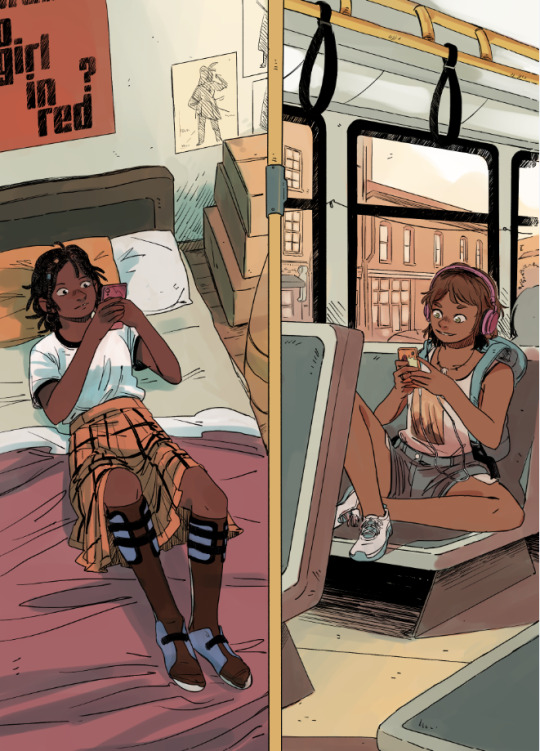
A page from my upcoming romance graphic novel from Mad Cave, Navigating with You.
#comics#jeremy whitley#comic#lgbtq comics#queer comics#comic books#navigating with you#mad cave#disability in comics
21 notes
·
View notes
Note
Just out of curiosity but do you read/ hc pietro as neurodivergent? I know it’s a popular hc among fans and there’s certainly some moments that lend to that interpretation (plus I see a bit of myself and my brother in him so personally I hc he has mild autism) but I was wondering if you had any of your own thoughts on it, or for Wanda for that matter?
Yes, but it's complicated. Pietro and Wanda are both characters who spend a lot of time grappling with complex trauma, generational trauma, mental illness, and what are clearly meant to be read as neurological differences. I struggle with many of those things myself, and as a Romani person with an immigrant background, I get a lot out of reading these characters through that lens. It's an intrinsic part of what makes them so human and compelling to me, especially as part of a larger, intergenerational tapestry of mixed-race immigrants and survivors. These issues are a part of our heritages and histories, so I want that to be reflected in the characters who represent me.
I think it's hard to talk about neurodivergence or mental illness-- which, of course, are not the same thing, I just mean that the conversations tend to overlap-- with Wanda and Pietro because this is already, textually, part of the characters, but it's been implemented in really messy ways.
For both of them, their primary mental health challenges and neurological differences are treated as extensions or results of their powers. There is an allegorical element that gets in the way of literal representation. This sort of thing is very common in superhero comics, and I've written about it before regarding transness and genderfluidity. It's entirely possible to still write meaningful and resonant representation, but I don't know if I feel comfortable saying "Pietro is autistic"when the text is saying he doesn't have autism, he has a super-speed-mutation-brain. Does that make sense?
The other problem is that the material that introduced these elements to the characters is really problematic. I'm sure I don't have to explain why House of M is an ableist and sexist narrative, but a lot of people seem to overlook the fact that the depiction of Wanda as a person with specific mental illnesses is rooted in a harmful, ableist storyline. Specifically, the way that schizoaffective disorders are defined and pathologized in Disassembled is cruel, inaccurate, and just unacceptable. That tone is still echoed in a lot of modern comics when Wanda's mental health is addressed.
In addition, I really don't like to put too much stock in the whole "Pietro Maximoff Syndrome" thing from X-Factor. For one thing, Peter David is a hateful, vocal anti-Romani racist, and it is reflected in a lot of his choices with Pietro. While this direction did humanize and justify some of Pietro's personality flaws, I do feel that the tone was overall very derisive towards him.
In Scarlet Witch (2016), Wanda talks about going to therapy and taking antidepressants, and in Quicksilver: No Surrender (2018), Pietro talks about his complex trauma responses in a way that's specifically grounded to the reality of being a severely marginalized person of color. These are the best examples of how their mental health has been addressed-- they bypass the powers and allegory and just allow the characters to inhabit real experiences that actually deserve representation.
That said, it doesn't really represent neurodivergence the same way. I think that's a subject that superhero comics have been dancing around for a long time, but haven't quite figured out how to reckon with. I really hope its something we'll see more positive growth towards, in the future.
21 notes
·
View notes
Text
The few disabled heroes in comics tend to have relatively low support needs, and honestly this misses out on a lot of representation. Having a hero who can carry out hero work but has a carer, either professional or family member, has so many good story opportunities.
The carer absolutely refuses to get involved in hero business and is morally opposed to vigilantism. But it is their duty to help the hero live a full life not defined by the carer’s own morality-
So they only assist in helping the hero’s needs, not their vigilantism.
Which could lead to situations like-
The hero asking them to input “surrender now!” and “drop your weapons!” as whole phrases on their AAC device for ease of use during combat. The carer does and also adds in “time’s up, punk” in case the hero feels like some punch.
The hero isn’t active for an hour every afternoon so they need another hero to watch their turf for them - they need to get home then for assisted nutrition
Carer knows about their hero career so is used to bruises, cuts and scars when they assist the hero with washing - and proudly watch the numbers of them go down week by week
The carer already having first aid knowledge so they patch up the hero
Hero gets a super long “for your eyes ONLY” letter from the Superhero Team and cannot understand it so the carer reads and verbally summarises it for them
All the heroes in the area get hit with a disabling gas….disabling, of course, if you’re not already disabled. Our hero is used to operating like this and saves the day.
They carry their pills in a compartment in their super suit, with a timer set by their carer to remind them to take them. They have just released an avalanche of pills in a villain’s face to distract them before. (Don’t worry, they have a spare compartment)
On some days the hero just can’t get out and has to rest. On those days, they release a brief statement that they are “assisting the sick and disabled”. The carer says it stopped being funny the tenth time. They disagree.
The hero straight up wears their own merch and refers to themself by their hero name in public and nobody suspects them. Their friends/family think it’s a joke, other people think they’re confused or “cute”.
Inevitably someone thinks they’ve worked out that carer is the local hero and kidnaps them, giving a long speech about how they’ve got them now and these are all the evil plans- the hero bursts in and saves the day.
The villain concludes the carer isn’t actually their nemesis but still doesn’t work out it’s the hero
The hero’s really guilty that the carer got dragged into this when they never wanted to be, so they offer to retire.
And carer’s like HE DIDN’T EVEN WORK OUT IT WAS YOU WHO FOILED HIS EVIL PLANS, KICK HIS ABLEIST ASS
And they do :)
Meanwhile if they live in assisted living everyone else there knows they’re the hero and thinks they’re keeping the secret from everyone else
Throughout the series the hero has a power crawl with their powers/heroing, but their support needs never majorly improve. And that’s alright! Because their aim isn’t to be independent, it’s to help as many people as possible - as well as accepting the help they need themself.
#disability in comics#or my imagined comic#disability rep#this is ideas i found fun rather than a story or Ideal Rep#i'd love for other disabled people to add on
107 notes
·
View notes
Text
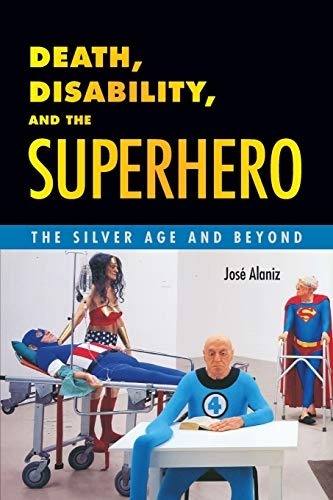
Continuing Disability Pride Month, we have Death, Disability, and the Superhero: The Silver Age and Beyond (2014) by Jose Alaniz. From the summary:
The Thing. Daredevil. Captain Marvel. The Human Fly. Drawing on DC and Marvel comics from the 1950s to the 1990s and marshaling insights from three burgeoning fields of inquiry in the humanities--disability studies, death and dying studies, and comics studies-- Jose Alaniz seeks to redefine the contemporary understanding of the superhero. Beginning in the Silver Age, the genre increasingly challenged and complicated its hypermasculine, quasi-eugenicist biases through such disabled figures as Ben Grimm/The Thing, Matt Murdock/Daredevil, and the Doom Patrol.
Alaniz traces how the superhero became increasingly vulnerable, ill, and mortal in this era. He then proceeds to a reinterpretation of characters and series--some familiar (Superman), some obscure (She-Thing). These genre changes reflected a wider awareness of related body issues in the postwar U.S. as represented by hospice, death with dignity, and disability rights movements. The persistent highlighting of the body's -imperfection- comes to forge a predominant aspect of the superheroic self. Such moves, originally part of the Silver Age strategy to stimulate sympathy, enhance psychological depth, and raise the dramatic stakes, developed further in such later series as The Human Fly, Strikeforce: Morituri, and the landmark graphic novel The Death of Captain Marvel, all examined in this volume. Death and disability, presumed routinely absent or denied in the superhero genre, emerge to form a core theme and defining function of the Silver Age and beyond.
Who is your favorite disabled superhero? How do you think superheroes and disability work in later eras of comics?
The Browne Popular Culture Library (BPCL), founded in 1969, is the most comprehensive archive of its kind in the United States. Our focus and mission is to acquire and preserve research materials on American Popular Culture (post 1876) for curricular and research use. Visit our website at https://www.bgsu.edu/library/pcl.html.
6 notes
·
View notes
Note
I was reading this essay that touched on a variety of topics that had to do with disability. One of them was racism within disability and the idea that people with disabilities are always written to be super intelligent and technologically savvy as a sort of way to make up for their disability. Disabled character can’t just exist within a story without having something that makes up for them existing. It was also talking about poverty within the disability community. It was an essay whose focus was Barbara Gordon and if I come across it again I’ll be sure to send a link to you. People feel differently about it and not everyone has to feel the same but because Barbara wasn’t born disabled and because she is a full time wheelchair user her feelings towards disability and certain advocacy would be different than someone who only sometimes uses a wheelchair or who was born disabled. Disabled people aren’t just one size fits all and it would be nice to see a disabled writer actually write for Barbara Gordon for once.
Yes! Not all disabled people are the same! I personally was not born physically disabled like Babs so I feel so much towards her! We definitely need a disabled writer on her very soon! Cause what the fuck is the writing. Please please send me the link once you find it.
#I'm awful at responding#Big paragraphs make me dizzy#batfam#batfamily#batman#dc comics#batgirl#Disability in comics#disability resources#disability#disabled people#wheelchair user#ambulatory wheelchair user
3 notes
·
View notes
Text
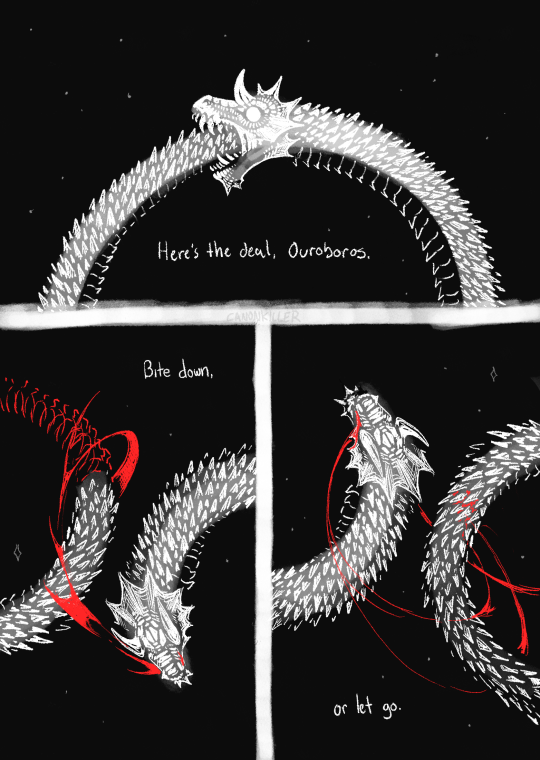
but you can't keep holding on like this.
#you can put a disability metaphor in any legfndary draconic entity. many people dont know this#my art#comic#ouroboros#for tag filtering:#blood#its a blurry day forgive typos
53K notes
·
View notes
Text
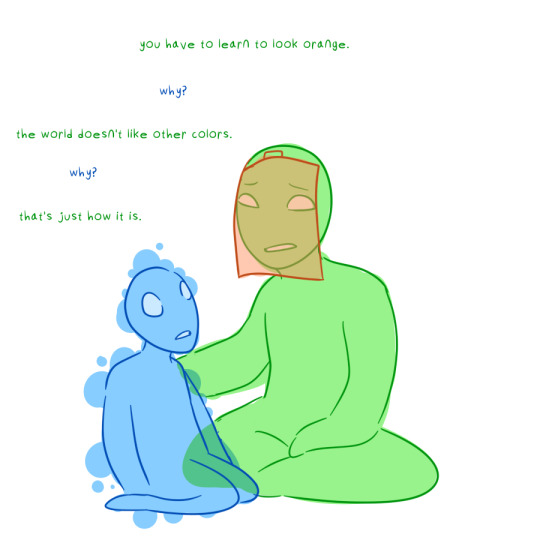
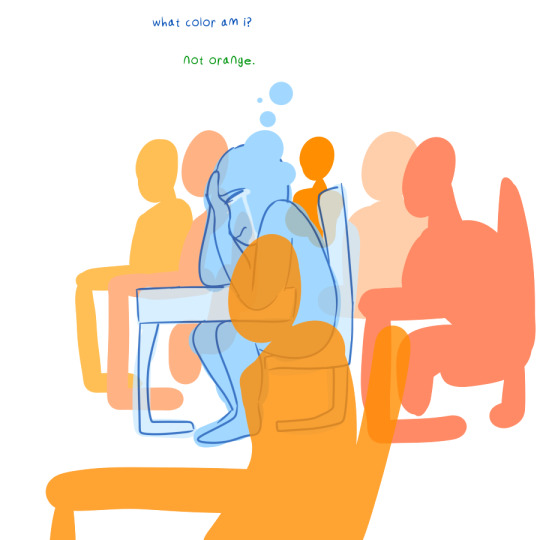
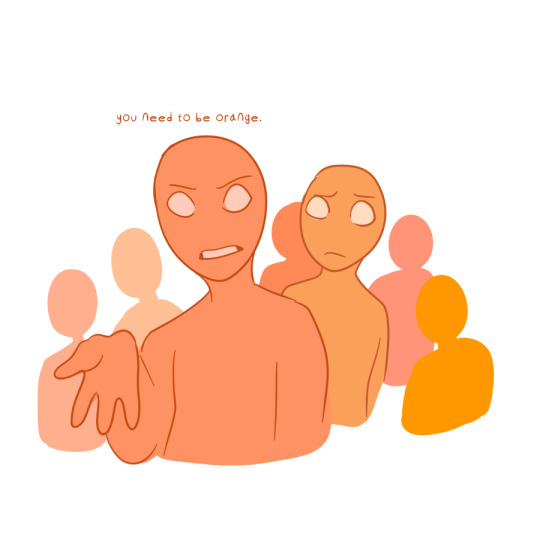
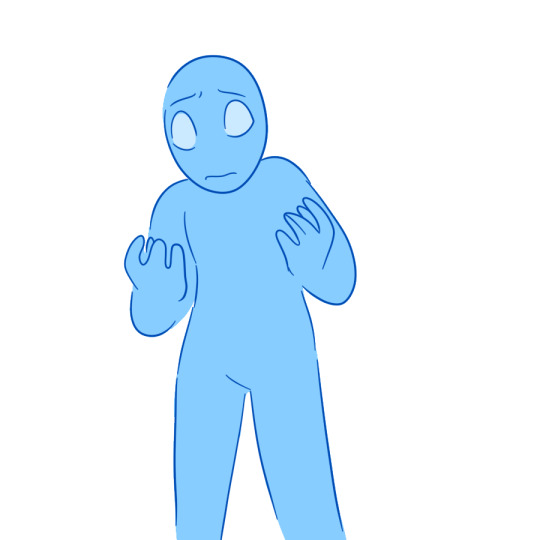
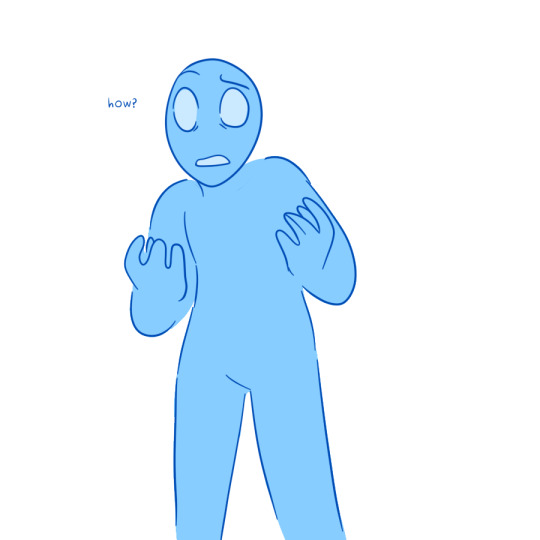
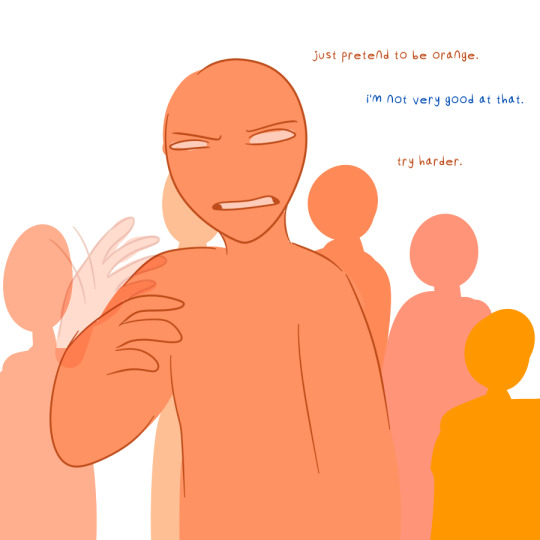
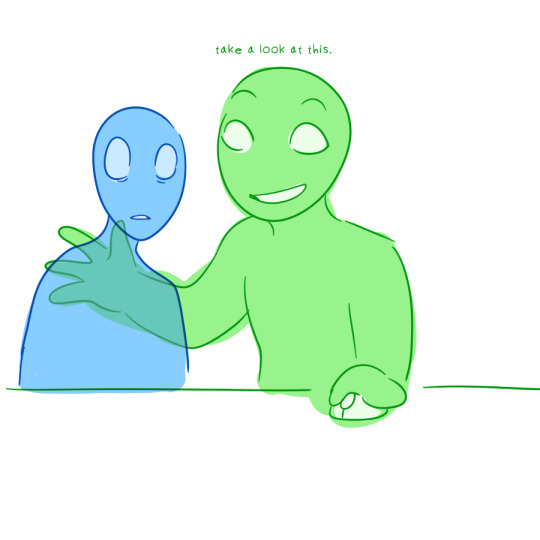
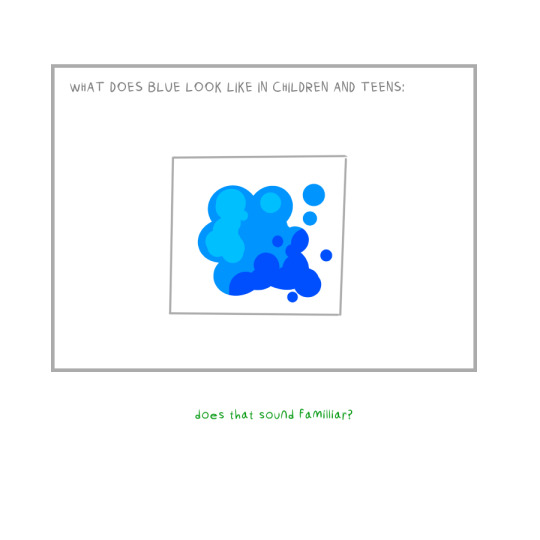

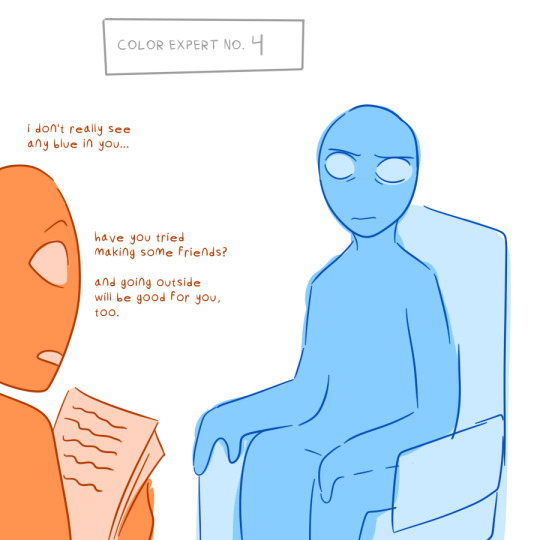
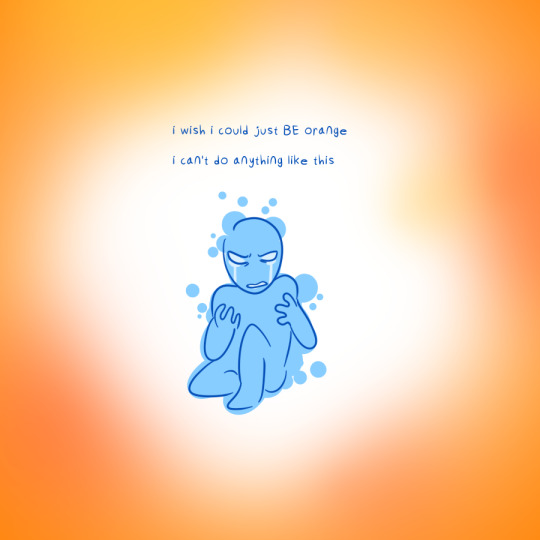
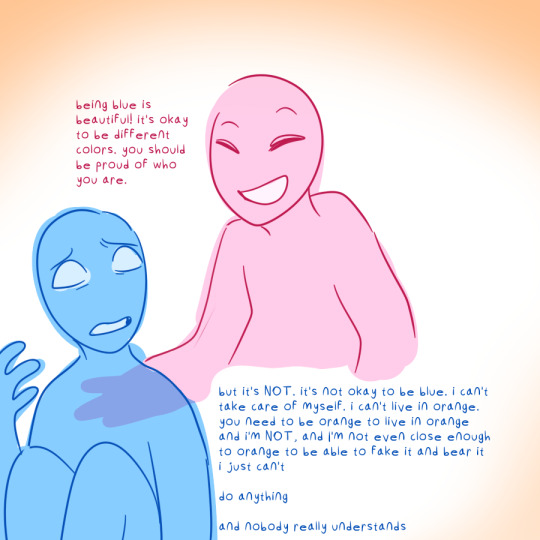
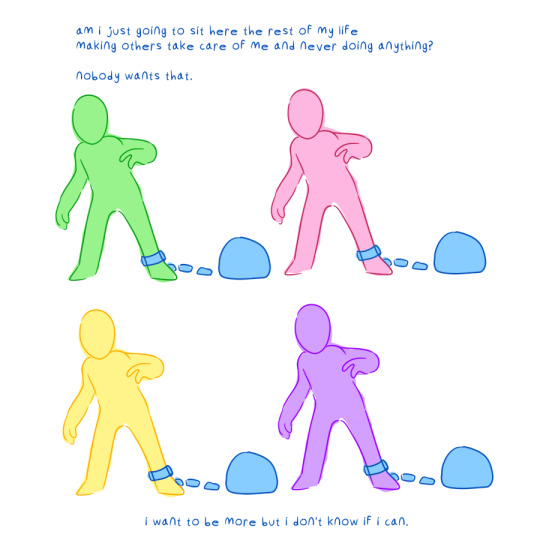
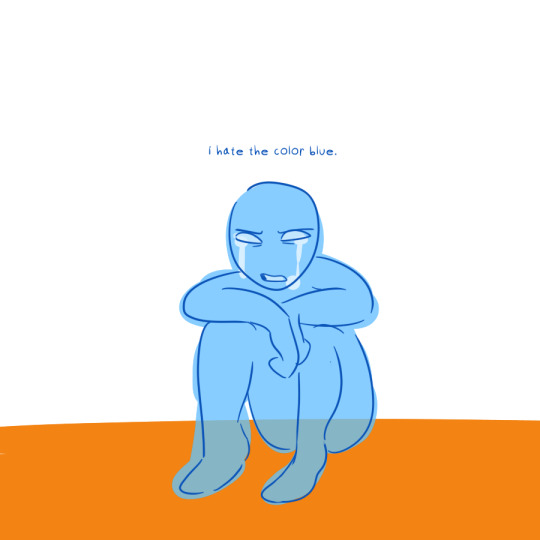
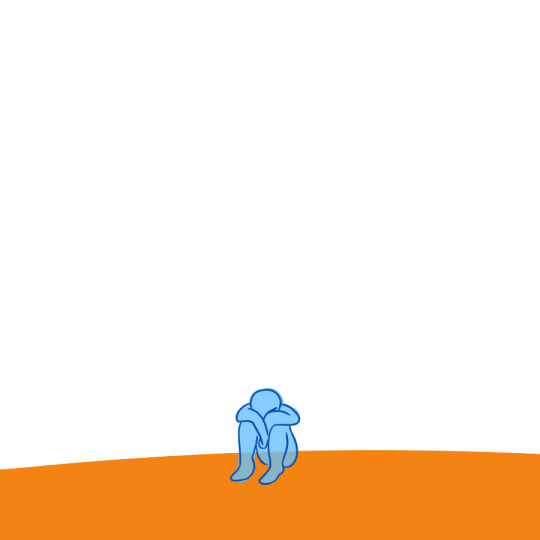
on colors and being different and not being enough for yourself
(please reblog instead of liking)
#comic#vent#vent post#vent art#autism#neurodivergent#neurodiversity#neurodivergence#neurodiverse#nd artist#therapy#therapist#disabled#disability#ableism#self esteem#i hope this reaches the right audience
20K notes
·
View notes
Photo
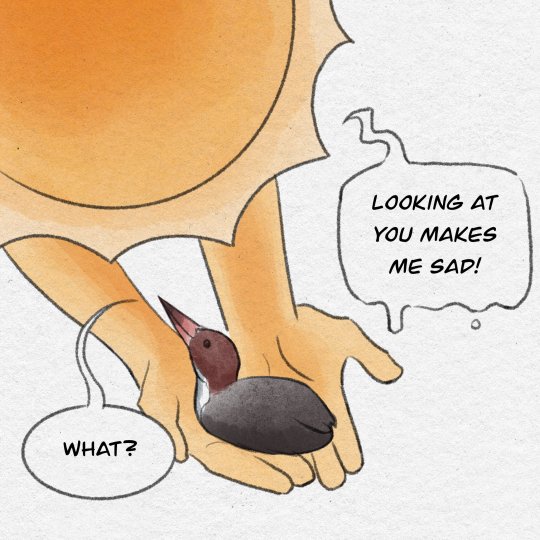
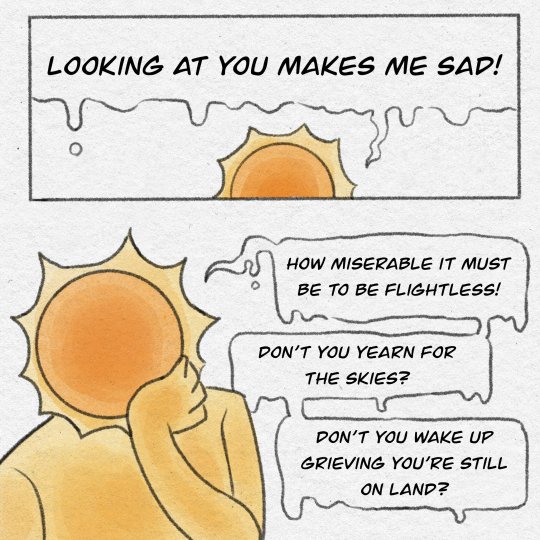
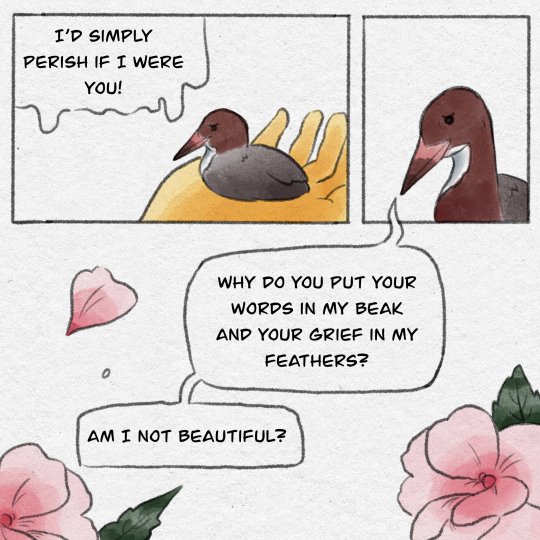
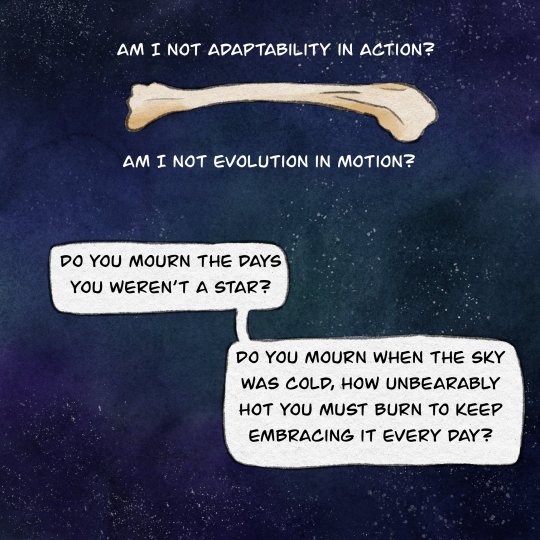

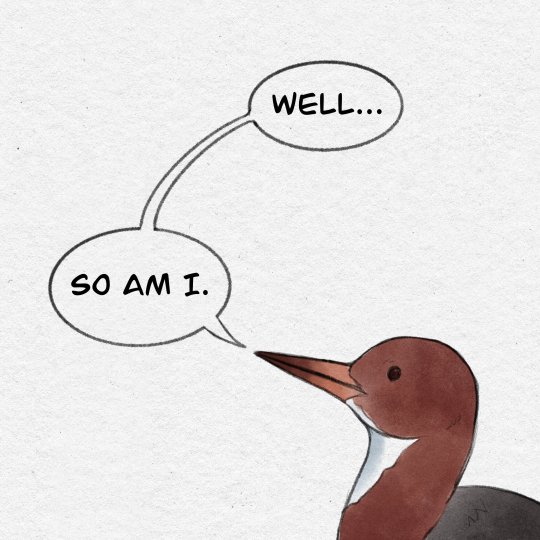
the sun mourns in vain for the white-throated rail: a comic about disability and the unwanted able-bodied grief for past selves.
[IMAGE DESCRIPTION:
Page 1: The sun holds a white-throated rail, a bird with a red head, a gray body, and a white throat, in its hands. The sun speaks in a tone represented as sorrowful pity through a drippy speech bubble.
Sun: Looking at you makes me sad!
Rail: What?
Page 2:
Sun: Looking at you makes me sad!
The sun stands with a hand clutching its face.
Sun: How miserable it must be to be flightless! Don’t you yearn for the skies? Don’t you wake up grieving you’re still on land?
Page 3: The white-throated rail looks down in frustration in the hand of the sun.
Sun: (speaking off screen) I’d simply perish if I were you!
The rail speaks, looking down. Pink flowers bloom towards the bottom of the page, petals and pollen blowing in the wind.
Rail: Why do you put your words in my beak and your grief in my feathers? Am I not beautiful?
Page 4: The bone of a white-throated rail is positioned against a colorful galaxy dotted with flecks of stars.
Rail: Am I not adaptability in action? Am I not evolution in motion? Do you mourn the days you weren’t a star? Do you mourn when the sky was cold, how unbearably hot you must burn to keep embracing it every day?
Page 5: The sun looks at the viewer.
Sun: Why would I? That was then, this is now. I am content to be in this state.
Page 6: The rail looks up at the sun off-screen.
Rail: Well…So am I.
#disability#disability comic#disability poetry#fibromyalgia#spoonie#spoon theory#ableism#poetry#comic#comics#visual poetry#cripple punk#chronic illness
42K notes
·
View notes
Text
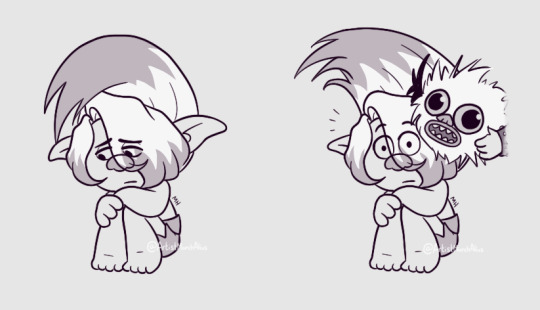
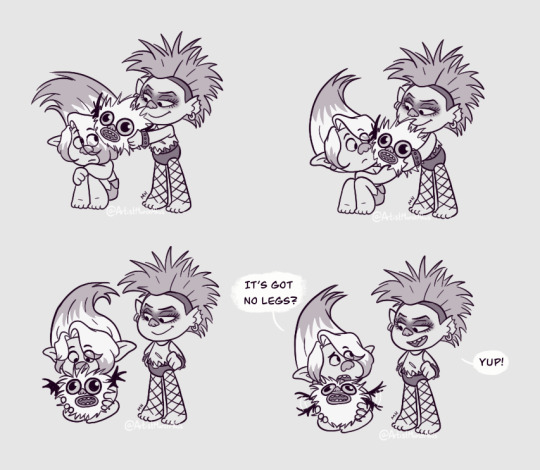

Give Floyd a service bat/emotional support bat!
#trolls band together#dreamworks trolls#trolls Floyd#barb trolls#trolls fanart#trolls comic#trolls 3#tbt#Floyd trolls#trolls barb#trolls world tour#disabled floyd#dumb trolls thought of the day: give Floyd a service bat/emotional support bat#haven’t decided on a name yet
6K notes
·
View notes
Text
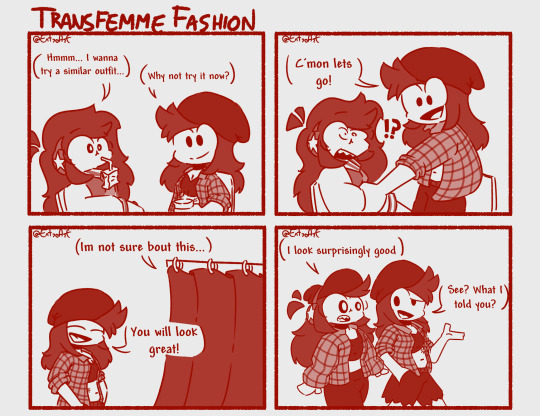
Transfemme Fashion - ft @kaylasartwork
Mini-comic based on a conversation with her about that type of clothing
2K notes
·
View notes
Text
It is Disability Pride month and I think it’s time to bring this comic from April back
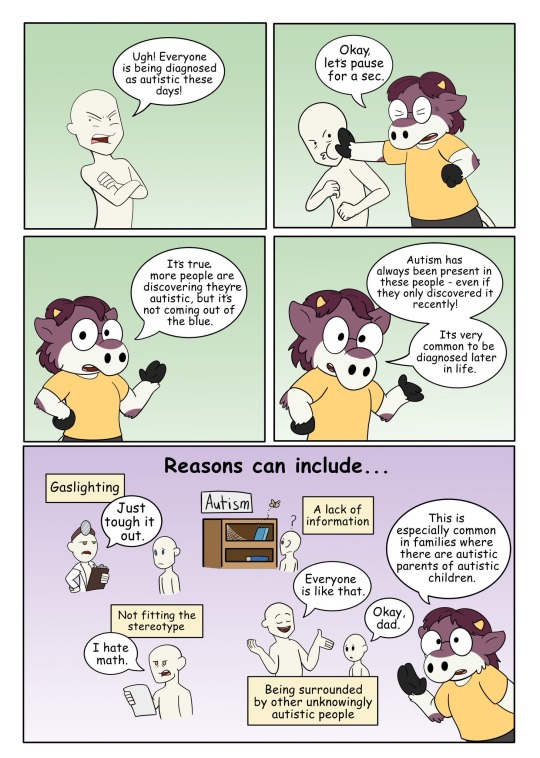
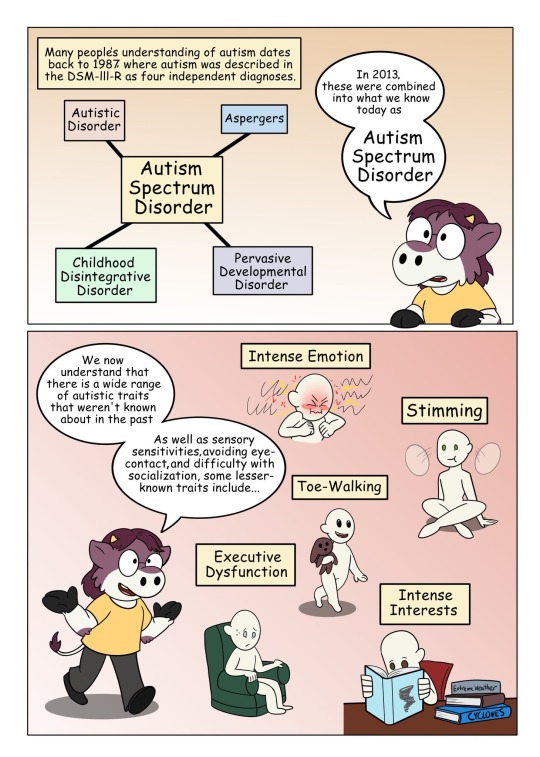
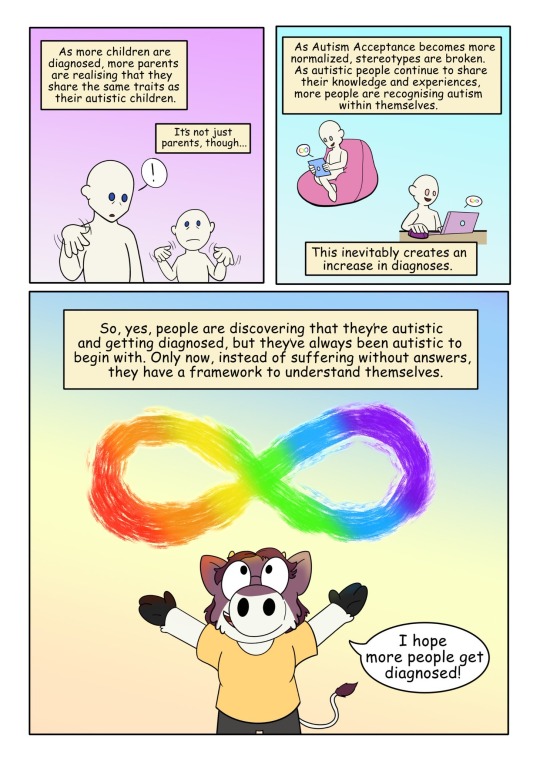
8K notes
·
View notes
Text
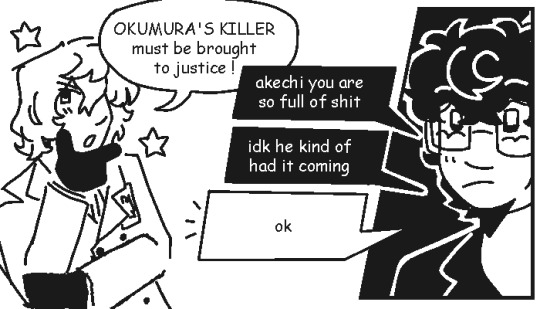
in which dialogue is exchanged
#p5 spoilers#goro akechi#joker p5#akira kurusu#persona 5#my art#comics#this one marks a change. that change is i have switched to clip studio paint because it was on sale#glad i could keep this blog's aesthetic lol. every art program should let u disable anti aliasing methinks#this ones based on an old old sketchbook comic. well like half of my comics are based on sketchbook comics. i still have material to work w#from those. lol#long time no comic in my defense i am as overwhelmed with life as ever. but you already know that. love u guys<3
1K notes
·
View notes
Text
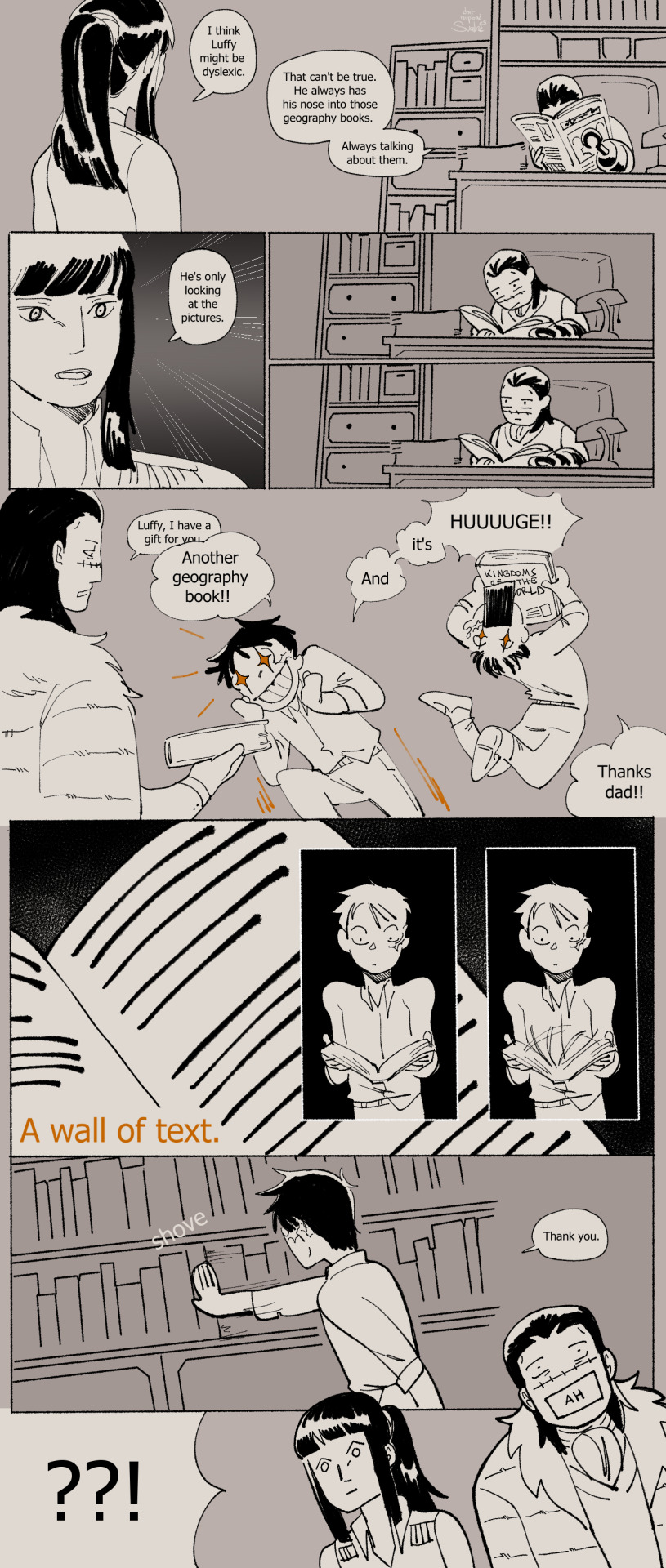
Mr 0 and Miss All Sunday investigate.
(timeline)
#one piece#nico robin#sir crocodile#monkey d luffy#crocodad au#my art#my comic#described in alt text#ive finished it!! :'DD this comic was about how no matter the universe luffy just cant read. i love how easily it is to read luffy as bein#neurodivergent/having (at least one) learning disability. so i wanted to put it here in the au. its important to me. also. quietly#establishing a few things for later. meheh
6K notes
·
View notes
Text
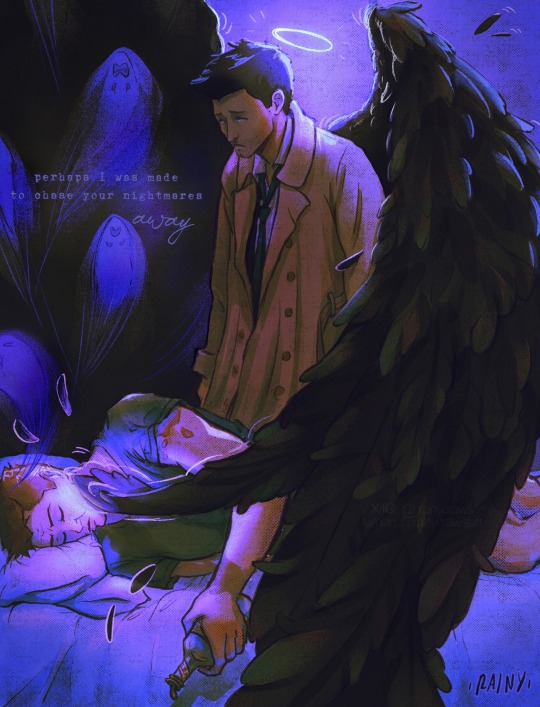
You know what they say… that freckles are kisses from angels ✨ (x)
#destiel#fanart#destiel fanart#castiel#dean Winchester#spn fanart#supernatural#deancas#procreate art#artists on tumblr#disabled artist#castiel fanart#dean winchester fanart#angel art#inprnt#print shop#artwork#digital art#art prints#rainydraws#comic art#halftone
1K notes
·
View notes
Text

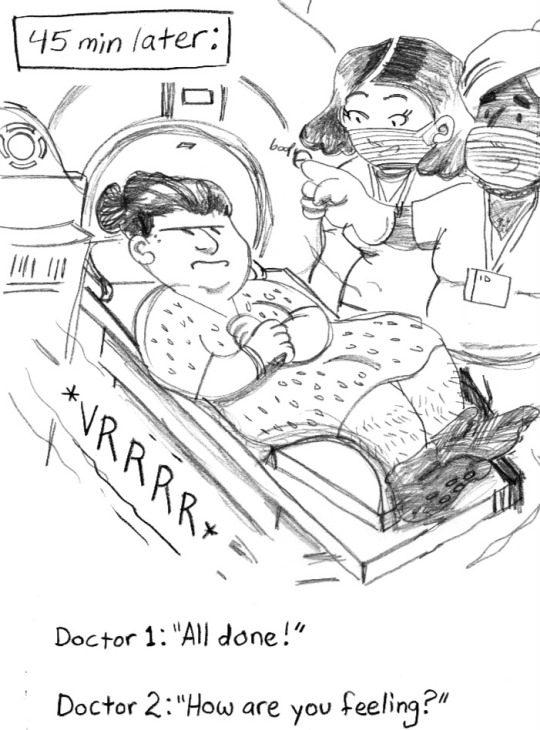
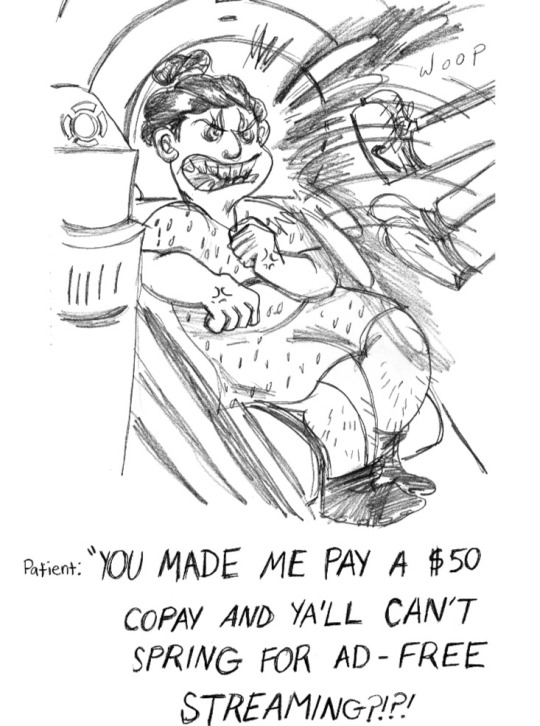
Next part- MRI shenanigans
#comic#comics#proud#drawing#sketch#artist#mri#mri scan#disability#disabled#osteogenesis imperfecta#arthritis#brittle bone disease#genetics#disabilties#cartoon#comix#webcomic#graphic medicine#graphic novel#book#books#book lover#booklr#comic books#bookblr#books and reading#memior#sick#get down with the sickness
873 notes
·
View notes
Text
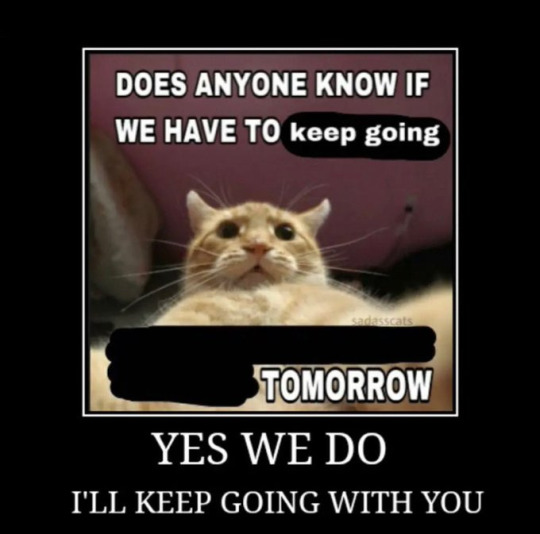

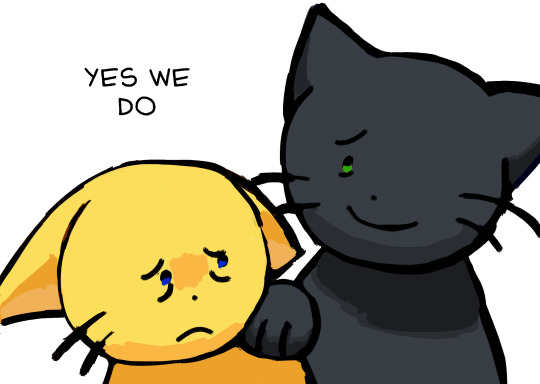
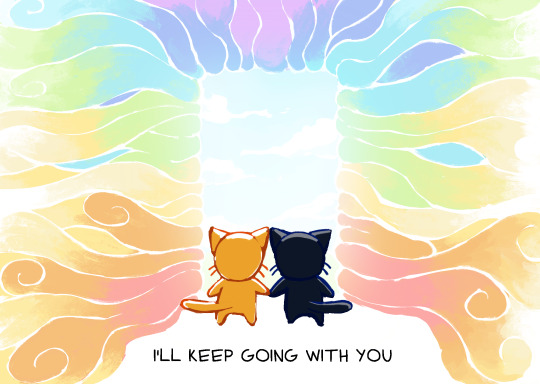
Reblogs got disabled on the original post so here's a reupload of my comic if you want to reblog it!
#goes without saying but don't be mean to the op for disabling reblogs!!#I think the ability to disable reblogs is an overwhelming good thing but maybe I should just post my drawings on their own#instead of adding on to other people's posts to avoid something like this happening again#art#cats#comic#comics#I'll keep going with you
2K notes
·
View notes